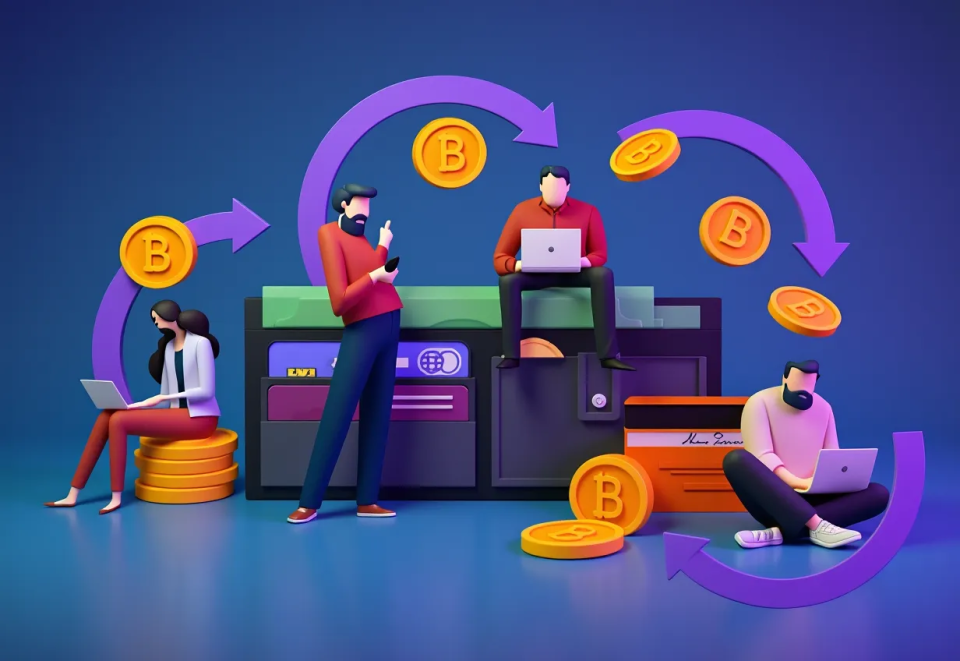
What are cryptocurrencies?

Cryptocurrencies: what they are and how they work
A cryptocurrency is a form of digital or virtual currency that uses cryptography to ensure its security. Unlike traditional money issued by governments and central banks, cryptocurrencies operate in decentralized networks based on blockchain technology.
Thanks to this decentralized nature, transactions can be carried out directly between individuals(P2P), without intermediaries. Instead of physical wallets or bank accounts, cryptocurrencies are accessed through digitalwallets or exchange platforms.
Bitcoin, launched in 2008, was the first cryptocurrency and remains the best known and most valuable.
Main characteristics of cryptocurrencies
Decentralization
They operate on distributed computer networks, generally using blockchain: a public ledger that records all transactions. This eliminates the need for a central authority such as a bank or government.
Cryptography
They use public and private keys to facilitate secure transactions and protect the creation of new units. Cryptography ensures the integrity of the currency and prevents fraud.
Blockchain Technology
The blockchain is made up of linked blocks containing lists of transactions. Once a block is completed, it joins the previous one, creating an unalterable and tamper-proof chain.
Limited supply
Many cryptocurrencies have a maximum supply. For example, Bitcoin is limited to 21 million coins, which contributes to its perceived value.
Mining or validation
In networks such as Bitcoin, transactions are confirmed through mining: solving complex mathematical problems to validate transactions and receive rewards in the form of new coins.
Anonymity and pseudonymity
Users' addresses do not show their real identity. Although transactions are public and traceable, identities are protected by cryptographic addresses.
Global transactions
They allow sending and receiving funds worldwide without banks, reducing costs and time, and promoting financial inclusion.
An evolving ecosystem
Cryptocurrencies have gained attention for their potential to transform finance, improve economic inclusion and enable decentralized services. However, they face challenges such as regulation, security and volatility. It is a dynamic sector that is evolving rapidly, with constant innovations.
Start using CiNKO today
Your money, without borders and always available.
Download the app and discover a simpler way to move your money.












